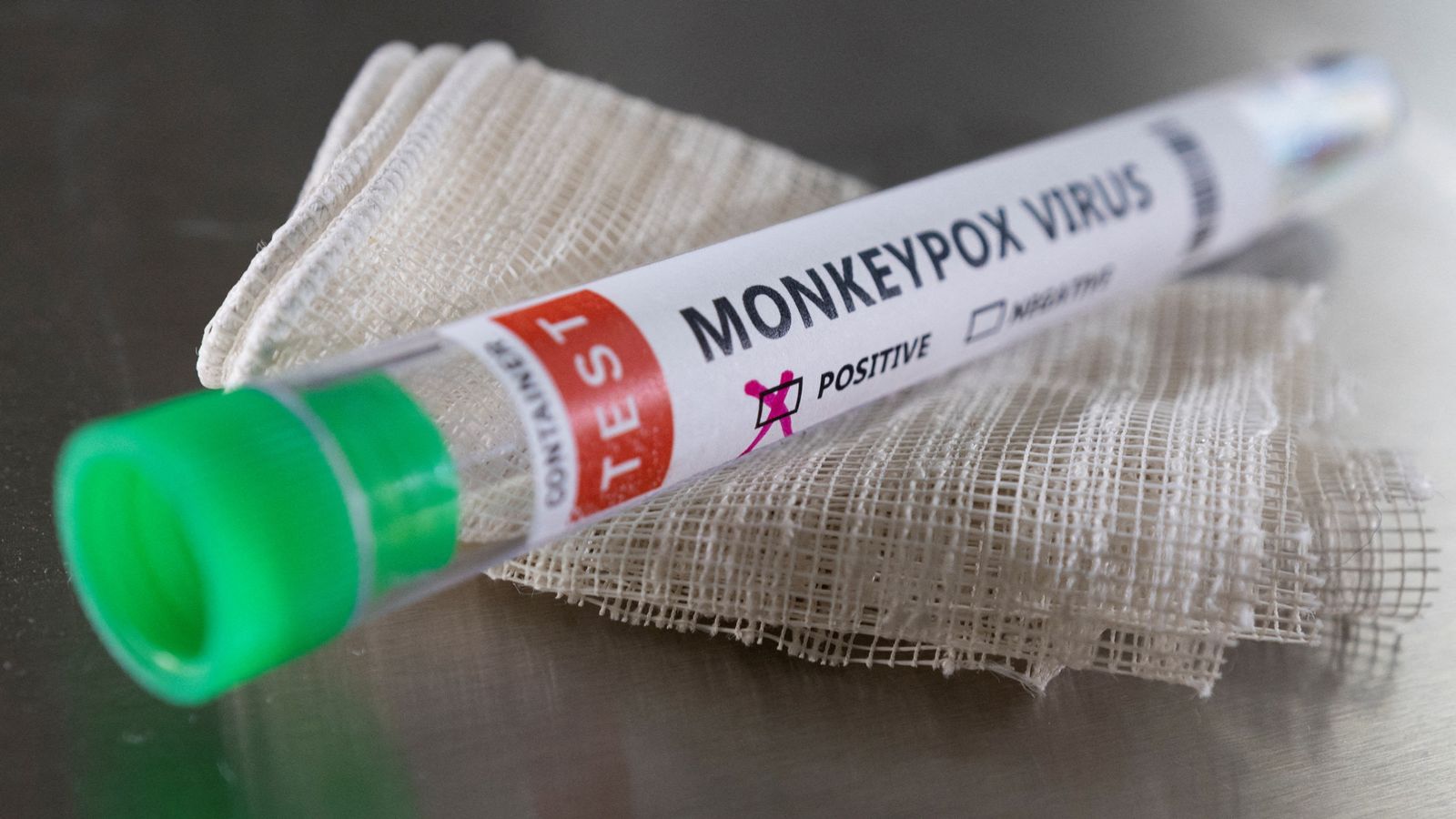A leading HIV and sexual health charity has said it will no longer work with the government on its monkeypox communications strategy due to its “lacklustre” approach.
The Terrence Higgins Trust (THT) has withdrawn from communications meetings with the UK Health Security Agency (UKHSA) because “appropriate action has not been taken” despite the charity “consistently raising our concerns”.
The charity said a “multi-channel campaign” targeting gay and bisexual men is “urgently needed” to protect their health from monkeypox and stop the disease becoming endemic in the UK.
The THT also said it has outlined its concerns to the UKHSA’s chief executive Dame Jenny Harries in a letter but has yet to receive a response.
THT’s director of communications Dominic Edwardes said in a statement: “It’s with regret that we are withdrawing our support from UK Health Security Agency’s approach to engaging gay and bisexual men in protecting their health during the country’s ongoing monkeypox outbreak.
“The overwhelming majority of monkeypox cases continue to be in gay and bisexual men and a sustained, multi-channel campaign targeted at this community is needed to protect this group’s health and prevent monkeypox from becoming endemic in the UK.
“It’s crucial we reach those at high risk who still need to be vaccinated, those needing to access a second dose and those currently managing the risk through changing their sexual behaviour.”
Treating Monkeypox is leading to STI outbreaks, say sexual health professionals
Monkeypox situation in UK ‘very positive’ as cases continue to fall, says expert
Monkeypox: Different strain detected in the UK after patient travelled to West Africa
Mr Edwardes said the campaign to reach gay and bisexual men was a “necessity” and insisted the money “must be found to implement it”.
The charity also described the government’s strategy as being “lacklustre” and said it hopes the “matters we have raised regarding the approach to health promotion will be addressed”.
Read more on monkeypox:
What are the symptoms and and how do you catch it?
“There shouldn’t be a stigma” – fashion blogger shares positive diagnosis online
In response, the UKHSA said it is “not complacent” and was working to ensure “everyone has the information they need to stay safe”.
Dr Will Morton, incident director at the UKHSA, said in a statement issued to Sky News: “The UK was the first to detect the international outbreak of monkeypox and we purchased 150,000 vaccine doses early to help protect the public.
“With thanks to Terrence Higgins Trust and other LGBT+ and sexual health partners, there is very high awareness of the disease, its symptoms and how to seek help and prevent transmission among those at higher risk.”
Dr Morton also said cases of monkeypox are low due to the vaccine and changes in behaviour based on information published by the UKHSA.
Please use Chrome browser for a more accessible video player
Professor Neil Ferguson, a prominent member of the government’s scientific advisory group (SAGE) during the COVID pandemic, said at the beginning of October that the UK appears to be winning the battle against monkeypox as cases fall.
But he warned against complacency amid fears of a resurgence of the virus.
However, health providers warned they could be forced to stop seeing vulnerable patients in some areas unless they are given more funding to cover the cost of treating monkeypox.
The latest data shows there were 3,439 confirmed cases and 146 “highly probable” cases in the UK up to 16 September 2022.
More than 45,000 people have been given a dose of the vaccine, including 40,000 gay and bisexual men, according to figures up to 20 September.
Second doses will be offered to high-risk patients two to three months after their first dose, with those eligible contacted by the NHS.
The disease traditionally occurs in parts of Africa but cases have been recorded in the UK from early May 2022.









